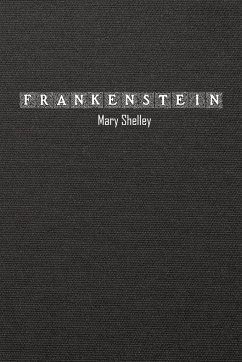Title: Frankenstein Author: Mary Shelley Description: "Frankenstein" by Mary Shelley is a groundbreaking work of science fiction and gothic literature that continues to captivate readers with its timeless exploration of the consequences of unchecked scientific ambition and the nature of humanity. First published in 1818, this novel is as relevant and thought-provoking today as it was over two centuries ago. The story revolves around the brilliant but tormented scientist, Victor Frankenstein, who becomes obsessed with the idea of creating life from inanimate matter. Driven by a relentless pursuit of knowledge and power, he succeeds in animating a creature, but the result is far from the idealized vision he had in mind. The "Frankenstein's monster" he brings to life is a grotesque and misunderstood being, abandoned by its creator and left to navigate a world that shuns and fears it. Mary Shelley's narrative is framed by a series of letters and stories within stories, adding layers to the novel's structure. The novel explores themes of scientific ethics, the pursuit of knowledge at any cost, the consequences of human actions, and the question of what it means to be truly human. It delves into the moral implications of creation and the power of societal acceptance or rejection. The character of the monster, often mistakenly referred to as Frankenstein, is a complex and sympathetic figure who longs for understanding and acceptance in a world that treats him with revulsion. The novel's exploration of his experiences and emotions challenges readers to reflect on empathy, compassion, and the consequences of alienation. "Frankenstein" is not merely a tale of horror, but a profound work of philosophical and ethical reflection that has influenced the science fiction genre and sparked countless discussions on the responsibility of scientific and technological advancements. Mary Shelley's eloquent prose and the enduring relevance of her themes make "Frankenstein" a must-read for anyone interested in literature, ethics, and the enduring human fascination with the limits of knowledge and the power of creation.
Bitte wählen Sie Ihr Anliegen aus.
Rechnungen
Retourenschein anfordern
Bestellstatus
Storno









